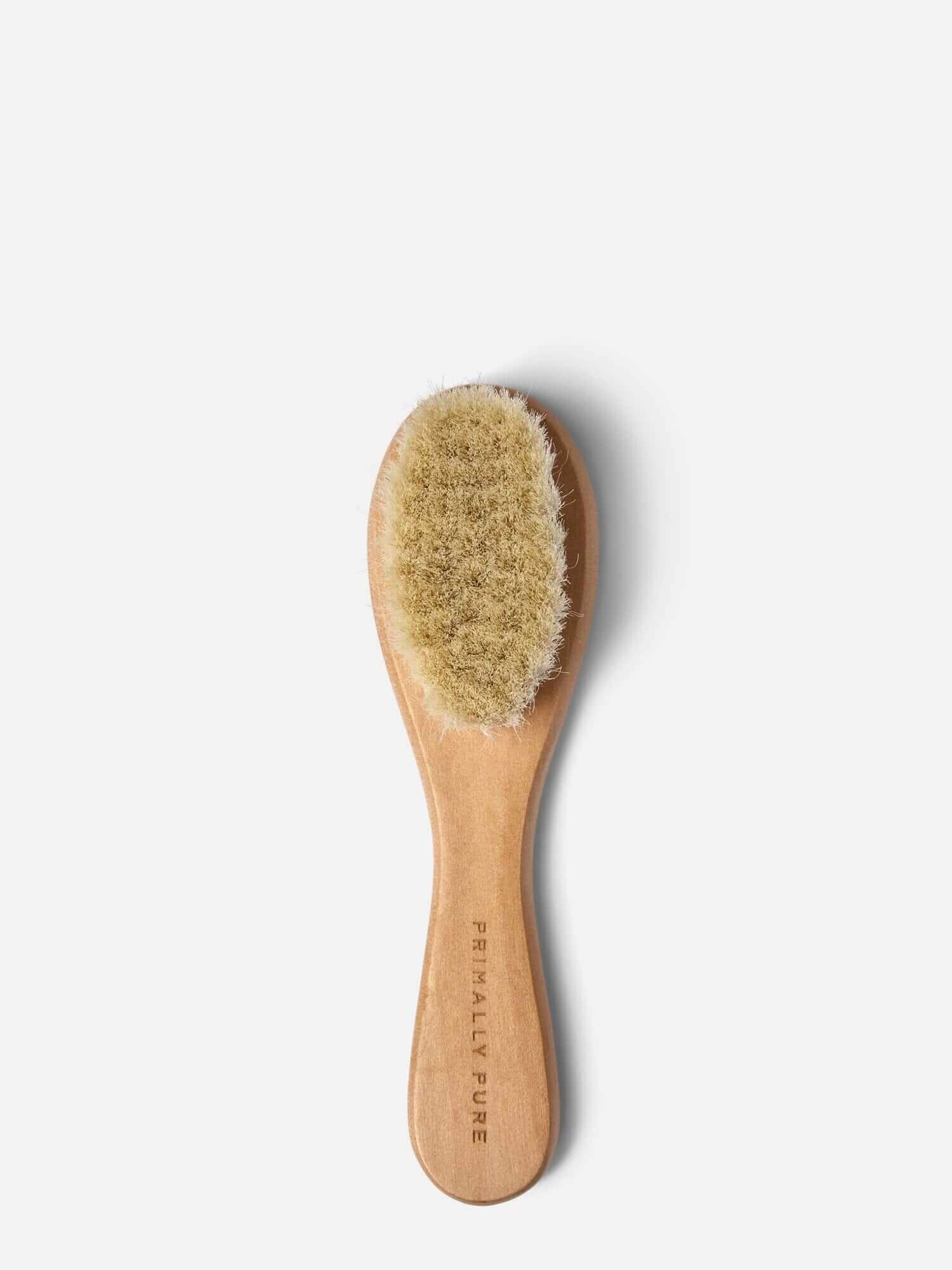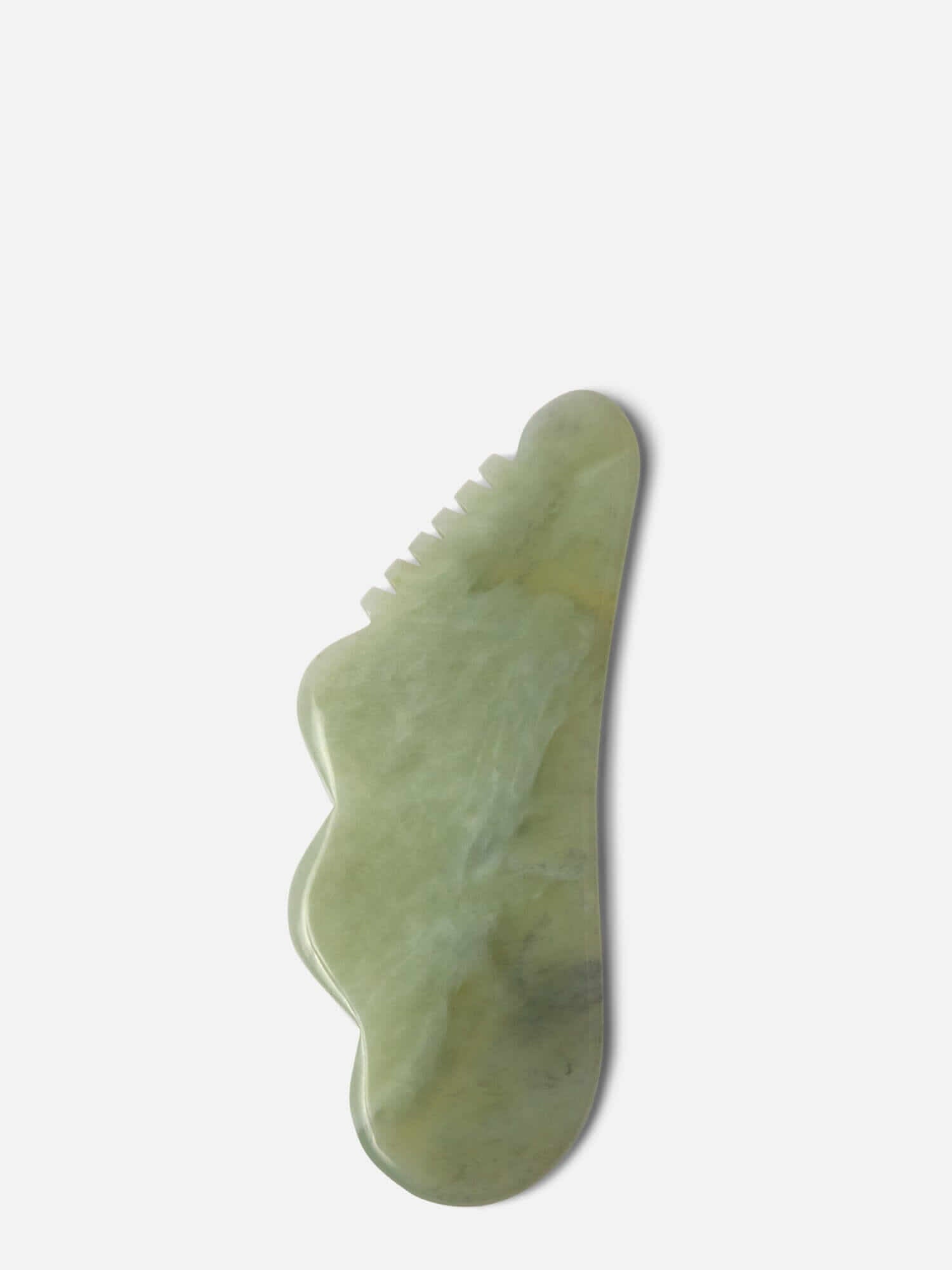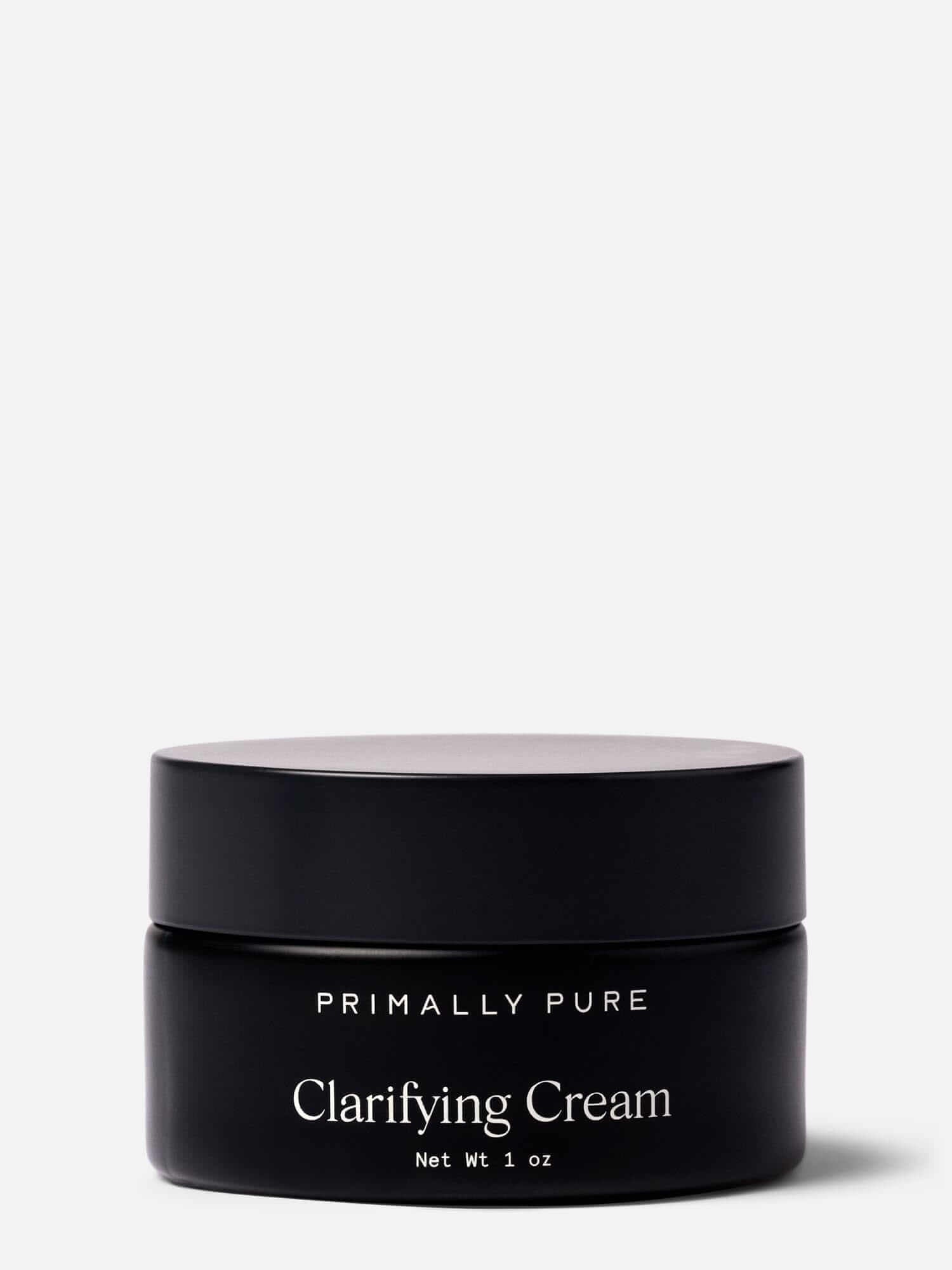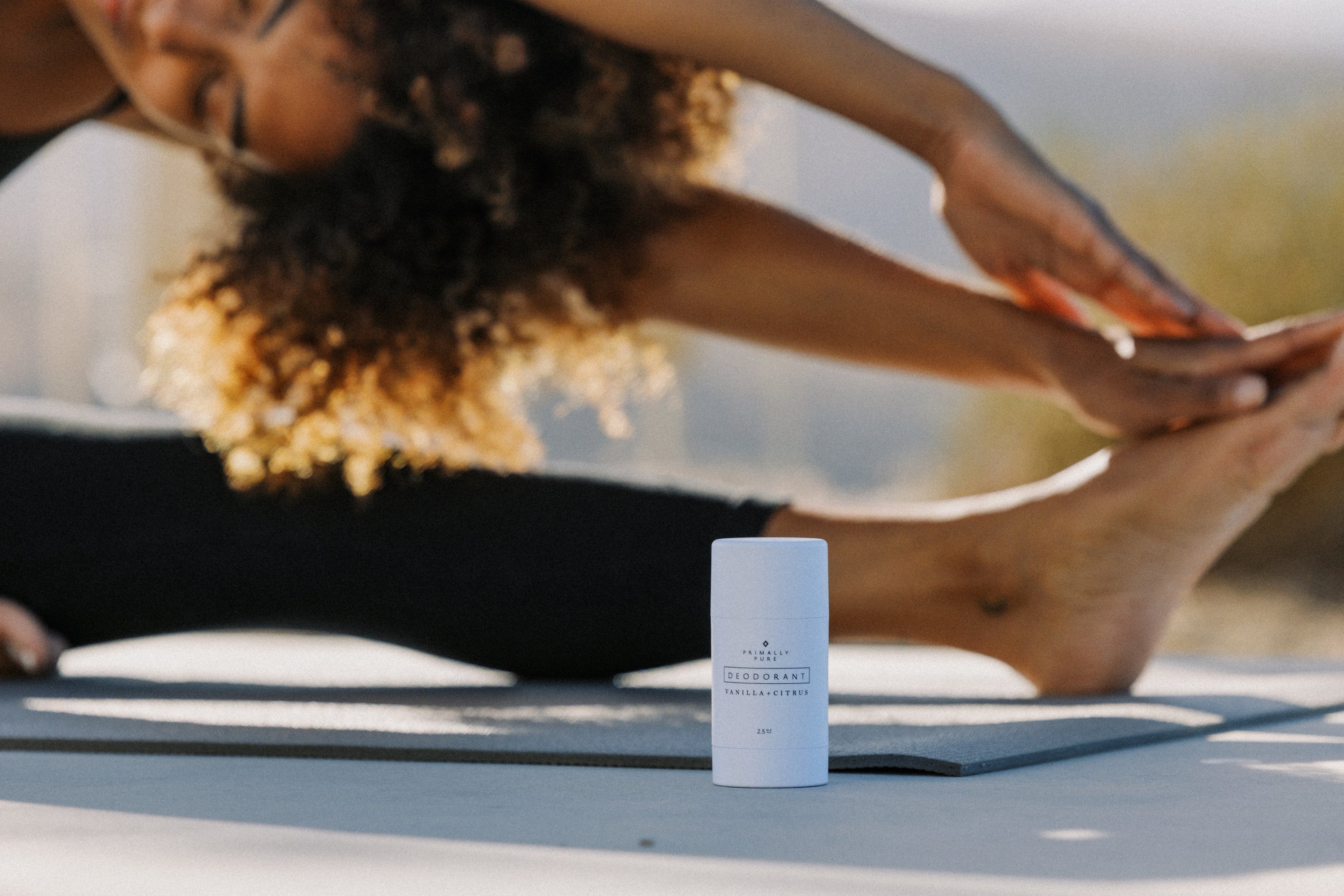How Toxic Seed Oils Ended Up in Our Food (+ Why It Matters for Your Skin Health)
It’s summer, and many of us are ready to detox in more ways than one.
Speaking of detoxing, there’s one pesky ingredient that has been getting more attention lately, and for a good reason – industrial seed oils.
If you’re consuming seed oils as part of your daily diet, eliminating this ingredient is a must for detoxing your body and optimizing your skin health.
We’re covering all your most common questions, including:
“Is seed oil bad for you?”
“Is seed oil good for skin?”
“How can I avoid seed oils?”
You’ll learn why industrial seed oils are harmful for the body, which ones to avoid, which ones are healthy, and how they can even be detrimental to your skin health.
The History of Seed Oils
To understand industrial seed oils and why they’re in so much of our food, you’ll need to understand the history. Because, like most epidemics, we didn’t get here overnight.
Before Seed Oil Was a Thing, We Used Animal Fat
While it may seem weird to consider animal fat as a source of oil, it's deeply ingrained in our roots. Animal-based ingredients didn’t used to be so taboo. Animal fats were actually the “original oil” – before vegetable oils and “healthier” oils dominated the market. Animal fat was used for:
-
Cooking
-
Candles & soap
-
Medicinal salves
-
Skincare balms
Ancient cultures believed it was crucial to bring honor through using every inch of the animal. The animal fat went to good use… until a cheaper alternative appeared.
Industrial Seed Oils: The Cheap Replacement for Animal Fat
It started when the [now widely known] company Procter & Gamble launched with the idea of producing individually wrapped soap.
In searching for a cheaper alternative to animal fat, they discovered cottonseed oil being disposed as toxic waste from cotton farming. This meant they could buy it for next to nothing.
What does this have to do with seed oil in the diet? Hold on – we’re getting there.
With the help of a German chemist, they started using a chemical process of converting liquid fats into solids.1 This discovery, first used for their soap and candles, led to P&G expanding its offerings to sell solidified oil as a replacement for animal fat – at a fraction of the price.
Animal fat was expensive, but this new alternative was similar in texture and consistency – and seemed to work the same.
The presence of seed oils in American diets skyrocketed. Marketing convinced consumers that this was a healthy fat, and many embraced these new, convenient, and inexpensive cooking oils.
Little did they know, this new industrialized oil, marketed as “vegetable-based,” contained 50 percent trans fat at the time – a dangerously high level. These customers were being greenwashed through deceptive marketing in the early 1900s.
These seed oils were wreaking havoc on their bodies.
Why Are Industrial Seed Oils Bad For You?
Thanks to research and innovative healthcare advances, we now know exactly why these seed oils are harmful to you. Here’s why you should say no to industrial seed oils.
Extreme + Chemical Processing
→ Extreme Heat – In manufacturing, seed oils are heated far beyond their capacity, creating oxidized byproducts that are dangerous to your long-term health.2
→ Processed with petroleum-based solvents – This maximizes the amount of oil extracted – creating a cheaper product they can sell more of.3
→ Chemically processed for color and smell – On their own, seed oils have a strong, off-putting scent and aren’t appealing. This chemical process also creates trans fats.
Seed Oils Overwhelm Your Body With Omega-6 Fats
Our bodies don’t produce omega-3 or omega-6, also known as essential fatty acids. We need both of these polyunsaturated fats (PUFAs) to support overall health, but we must obtain them from food sources.4
And let’s be clear, these PUFAs aren’t inherently bad.5 In fact, they’re encouraged in proper amounts – but we need a balance of saturated and unsaturated fats.
That’s why the AMOUNT of omega-6 in our diets is the issue.
Originally, human intake of omega-3 and omega-6 was a ratio of 1:1. Now, with the addition of industrial seed oils in our food system, which are high in omega-6, it’s as high as 20:1!6
Our culture makes it virtually impossible to avoid polyunsaturated fat because we run on efficiency, shortcuts, and fast, processed foods. Our ancestors naturally had much more omega-3 in their diets because they consumed many wild (unprocessed) foods with saturated fats. It’s not your fault – it’s a culture-wide epidemic. Dr. Mark Hyman7 says it perfectly:
“Wild meat and grass-fed beef contain about 7 times as much omega-3 fats as industrially raised animals, which have almost none. Virtually all of the beef and animal products your great grandparents ate were pasture-raised, organic, grass-fed, and contained no hormones or antibiotics. There was simply no other kind of meat to eat. Introducing refined oils into our diet and moving away from grass-fed and wild animals increased our omega-6 fat intake. ”
And an excess of omega-6 in the body leads to chronic inflammation and disease, including but not limited to:3
-
Obesity
-
Heart Disease
-
Worsening Asthma
-
Diabetes
-
Autoimmune diseases
-
Arthritis
-
Mental Illness8
-
Inflammatory bowel disease
-
Infertility
-
Osteoarthritis
-
Eye Problems, Even blindness
-
Cancer
-
Other Serious Illnesses4
What’s worse, this overload of omega-6 cancels out the benefits of omega-3. This is why it’s essential to reduce your omega-6 intake. Quitting industrial seed oils is one of the quickest ways to do so.
(And don’t forget to add omega-3 to your diet also!)
Seed Oils Contain Little to No Nutrients After Processing
All the chemical processing, as you can imagine, strips the seed oil of any nutrients it started with…
Even worse, after processing, these oils contain:3
-
Chemical Residue
-
Oxidized Byproducts
-
Synthetic Preservatives
Plus, seed oils are usually made from GMOs (genetically modified organisms) – like corn, soy, cotton, and rapeseed.
Seed Oils Are Not Stable for Cooking
The chemical processing and synthetic makeup of seed oils result in an unstable oil. They can easily go rancid, creating toxic properties through oxidation.8 This frequently happens with reheating (or overheating) seed oils.9
Just think about restaurants where oils are heated and reheated many, many times in a deep fryer…10
Seed Oils to Avoid for Optimal Health
These are the top culprits for industrial seed oils to avoid in your diet:
-
Canola Oil
-
Corn Oil
-
Cottonseed Oil
-
Soybean Oil
-
Sunflower Oil
-
Safflower Oil
-
Grapeseed Oil
-
Rice Bran Oil
*Tip: Watch out for seed oils labeled as “vegetable oils.” Unfortunately, it’s usually not much more than tricky marketing covering up industrial seed oils or blends.
Why Seed Oils Could Be Affecting Your Skin Health
Mindset, lifestyle, and nutrition are all linked to skin health. We even have the power to change how our genes respond. That means something as simple as eliminating seed oils could help optimize your skin health.
Gut Health and Skin Health Are Connected
Traditional Chinese Medicine (TCM), alternative health, and even mainstream publications have shown us that your gut health is directly linked to many other factors in your body – including skin health!11
Many alternative medicine experts agree that our bodies cannot process and detox such highly refined oils. Prioritizing your gut health for vibrant, healthy skin means choosing foods for skin health. We recommend fats that support anti-inflammatory action and normal digestion, leafy greens, and avoiding gluten, sugar, and alcohol (and, yes, you can do it – here’s a guide that’s helped so many people!)
There are so many incredible foods for skin health, but if you’re unsure where to start, learning from a holistic nutritionist can point you in the right direction.
Excess Omega-6 Causes Inflammation
It’s not a question. The link between inflammation in the body and excess omega-6 is proven.12 We know inflammation is one of the primary sources of skin issues and diseases, which is why a well-balanced diet is so important.
With too much omega-6, your body is working harder to process and detox, so there is no time or “energy” to focus on sending healing energy to your skin.
Try a detox or a fasting practice that clears pathways and encourages healing to reset your body as you eliminate industrial seed oils from your diet.
We also love using facial gua sha or facial dry brushing to get your lymphatic system moving and detox your skin.
SHOP: Facial Gua Sha Stone | Facial Dry Brush
How to Avoid Seed Oils + Choose Foods for Skin Health
Industrialized seed oils have taken over our food. With them lurking behind every corner, how do you make intentional choices that are better for your body and your skin health?
Consider the Method of Extraction and Storage
→ Always choose cold-pressed, unrefined oils. This applies to your supplements too! Many fish oils (a polyunsaturated fat) are processed in harmful ways, which means the product does more harm than good.
→ Make sure the container protects from oxidation (choose dark glass or aluminum).
Practical tip from our founder, Bethany: Keep an oil packet with you in your bag and ask restaurants what cooking oils they use. If it’s seed oil, use your own or ask them to replace it with butter.
*Tip: Download the app Seed Oil Scout to browse restaurants in your area that are seed-oil free (or have non-seed oil options).
Use Healthy Oils + Fats for Cooking
We're here to provide some clarity despite mixed media and advertising around what you should use to cook. Some (pure, non-industrialized) vegetable oils are still an excellent, balanced source of nutrients and have high heatproof for cooking. And don’t be afraid of cooking with animal fats! Full of flavor and depth, animal fats are a wonderful + nutritious alternative.
-
Coconut Oil (choose unrefined, virgin oil.)
-
Avocado Oil (make sure it’s non-GMO + not blended with other oils.)
-
Extra Virgin Olive Oil (best to go organic + cold-pressed. Keep in mind its lower smoke point means you’ll need to use low-medium heat.)
-
Tallow (grass-fed + finished, no chemical or high heat processing)
-
Ghee (a refined form of butter that contains a higher melting point)
-
Butter (grass-fed is best – butter also has a lower smoke point so be mindful to cook with low-medium heat.)
Choose Foods Rich in Omega-3
Here are our favorite ways to up your omega-3 intake:
→ Avocado – eat it whole, on gluten-free toast, or as guac!
→ Grass-Fed Meats – contains 7x as much omega-3 than traditional meats
→ Nuts & Seeds – walnuts, flax seeds, and chia seeds
→ Fatty Fish – sardines, wild salmon, mackerel, herring
What About Oils on My Skin?
When it comes to seed oils in skincare, the conversation is nuanced.
By now, you’re probably wondering if seed oils are as bad for your skin as they are for your body.
The truth is, it depends.
Not all oils are created equal. Many seed oils can be incredibly nourishing for your skin, while others, especially refined or processed seed oils, can harm your skin’s health. To make an informed decision, you’ll want to consider:
-
Extraction + processing – High-quality, unrefined, cold-pressed seed oils are packed with skin-loving vitamins and nutrients. However, when oils are processed or chemically altered, the nutrients are destroyed in the process. They’re oxidized before they even touch your skin.
-
Sourcing – Where and how the seeds are grown matters too. Opt for non-GMO, organic oils, harvested with care and respect for the earth. These factors all impact the quality of the oil you put on your skin – and the results you see.
-
Formulation – A well-formulated product should provide a balanced ratio of fats that support overall skin health. Our expert-formulated products include synergistic blends of both plant + animal ingredients, and cold-pressed seed oils play a valuable role in many of our best formulations.
-
The intended use – When it comes to a product like sunscreen, seed oils don’t belong. Even if they’re properly sourced + processed, seed oils are not stable under heat and can oxidize when exposed to sunlight, adding to inflammation and compromising the skin barrier.
At Primally Pure, we prioritize using high-quality, ethically sourced oils that have proven benefits for your skin. Whether it’s nourishing tallow or cold-pressed seed oils, we believe in giving your skin only the best – you deserve nothing less.
Take Back Control: Empowering Choices for Health + Skin
Now that you know the truth about seed oils and their impact on your body and skin, you have the opportunity to take back the power.
Eliminating seed oils from your diet and skincare can have a profound effect on your overall well-being. As you take these intentional steps, you’ll start to see the positive changes ripple through your body – and yes, your skin will benefit too.
And while we are seeing progress in the seed oil conversation, it’s still essential to stay mindful. With every choice, you have the opportunity to give your body the support it needs to thrive.
And when you nourish your body from the inside out, the results will be more than skin deep. ;)
XO
Sources:
- The Atlantic | How Vegetable Oils Replaced Animal Fats in the American Diet
- The Detroit News | Oxidized Oils in Food May Be Harmful to Health
- Chris Kesser | How Industrial Seed Oils Are Making Us Sick
- Healthline | Are Vegetable and Seed Oils Bad for Your Health?
- National Library of Medicine | Dietary Polyunsaturated Fatty Acids (PUFAs): Uses and Potential Health Benefits
- National Library of Medicine | An Increase in the Omega-6/Omega-3 Fatty Acid Ratio Increases the Risk for Obesity
- Dr. Hyman | Why Oil Is Bad for You
- National Library of Medicine | Elevated Immune-Inflammatory Signaling in Mood Disorders: A New Therapeutic Target?
- National Library of Medicine | Heated Vegetable Oils and Cardiovascular Disease Risk Factors
- National Library of Medicine | Evaluation of the Deleterious Health Effects of Consumption of Repeatedly Heated Vegetable Oil
- National Library of Medicine | The Gut Microbiome as a Major Regulator of the Gut-Skin Axis
- National Library of Medicine | Omega-6 Fatty Acids and Inflammation
Pin your fav blog post below:

Highlighted in This Post
- Tags: Ingredients Wellness





Leave a Comment